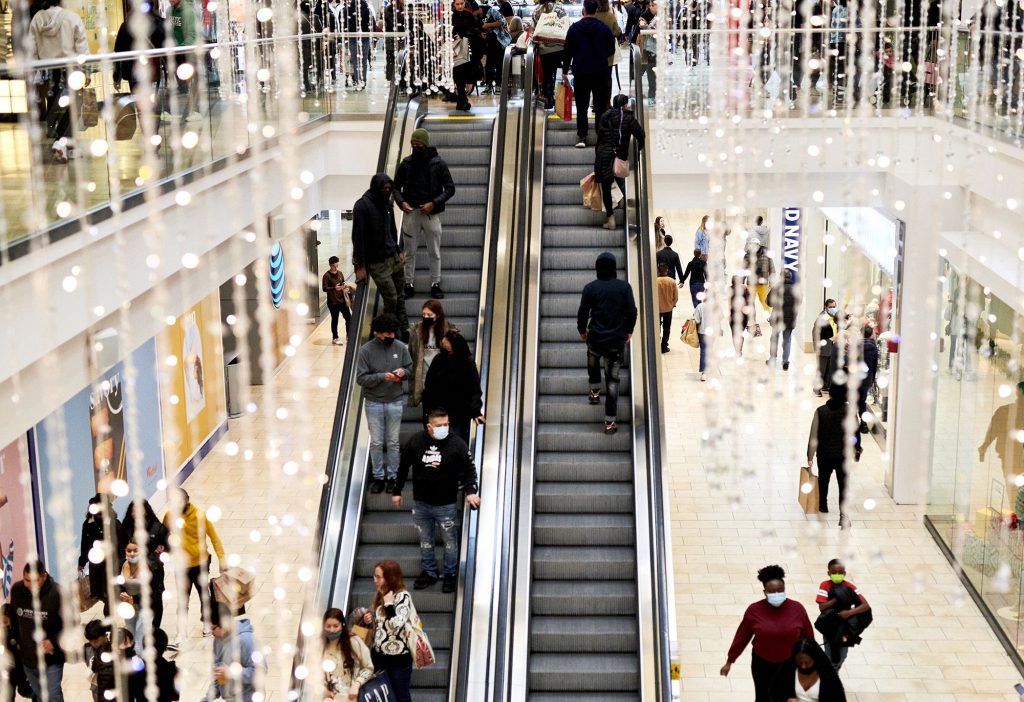Both JSE-listed clothing and homeware retailers Truworths and Mr Price have reported an uptick in retail sales performance, despite the local consumer battling tough economic headwinds that continue to chip away at discretionary spending.
In their operational updates to the market this week, both groups reported double-digit increases in retail sales.
Read: ‘Inflation fight still on’ – Kganyago
Truworths backed by credit
Truworths, the owner of YDE, Loads of Living and Ginger Mary brands, on Thursday, reported an 11.4% increase in group retail sales for the 52-week period ended 2 July to R20.6 billion, despite customers, both local and in the United Kingdom, coming under pressure in the high inflationary environment.
Retail sales in core Africa operations strengthened by 7.3% from the prior 53-week period, to R15 billion, supported largely by increased credit activity.
According to the group, account sales in core operations accounted for 70% of retail sales as noticeably more of its customers reached for their store cards to supplement their weaker income than in the previous period. This is evidenced by the stronger growth in credit sales compared to cash sales reported during the period.
Credit sales grew by 8.2% while cash sales only increased by 5.2%.
About 80% of Truworths’s account sales are active account holders able to make purchases, down from 82% in 2022.
“Gross trade receivables (relating to the Truworths, Identity and YDE businesses) increased by 11.7% to R6.6 billion (2022: R5.9 billion), and the number of active accounts increased by 5.7% to approximately 2.8 million relative to the prior period-end,” the retailer said.
Despite the growth in credit sales, there is concern the overburdened consumer may crack under pressure and fail to honour debt commitments. This as Truworths expects overdue balances as a percentage of gross trade receivables to rise to 16% this period, up from 14% in 2022.
Read: Now labour department questions employment equity at Truworths, TFG and Barloworld
Mr Price
Mr Price, in an operational update to investors on Friday, detailed its performance for the 13 weeks ended 1 July, noting that group retail sales grew by 21.9% to R8.1 billion. The growth is thanks to footwear and clothing business Studio 88, which only recently joined the Mr Price stable. Excluding the brand, retail sales growth was up only 0.9%.
Further, higher selling prices at Studio 88 reportedly supported the group’s 13.8% retail selling price inflation (RSP).
“Excluding Studio 88, RSP inflation of 2.4% was tempered by higher markdowns, with the retail sector remaining highly promotional as retailers continued to clear excess inventory, compounded by the late onset of winter,” Mr Price said.
Read: How mighty Shein is hurting TFG, Mr Price, others
Cautious on credit and the future
Unlike competitor Truworths, Mr Price has a majority cash business and adopts a more conservative approach to credit. As a result, credit sales in the business reportedly declined by 2.7% in Q1, as the retailer tried to shield itself from the overburdened consumer through strict credit approval criteria.
However, Mr Price reported some benefits from rising interest rates and a higher average debtor’s book as the period saw debtors’ interest and fees growing by 17.6%, boosting the retailer’s other income gains by 8.8% to R293 million.
Looking forward to the rest of the financial year, Mr Price expects growth both locally and globally to “remain muted” as disposable income is only expected to recover in 2024.
“Persistent and elevated load shedding continues to be a drain on growth and a hindrance to economic progress in South Africa. Despite implementing backup power solutions, concerns remain regarding the resultant impacts these conditions are having on small businesses, employment and changing shopping behaviour,” the retailer added.
Further, the group added that although the period has seen growth in retail sales and other income, it doesn’t expect these gains to directly translate into gross and operating profit growth in the half-year. This is due to:
- Higher markdowns than the prior period
- The inclusion of Studio 88, which trades at lower gross margins than the group, and whose sales, gross margin percentage and earnings profiles are materially weighted to H2
- Significant impact of mix contribution by high growth acquisitions which trade at lower gross margins than the group’s core business.
Listen to MoneywebNOW’s Simon Brown and FNB’s Chantal Marx speak about the Mr Price’s value proposition to investors:

